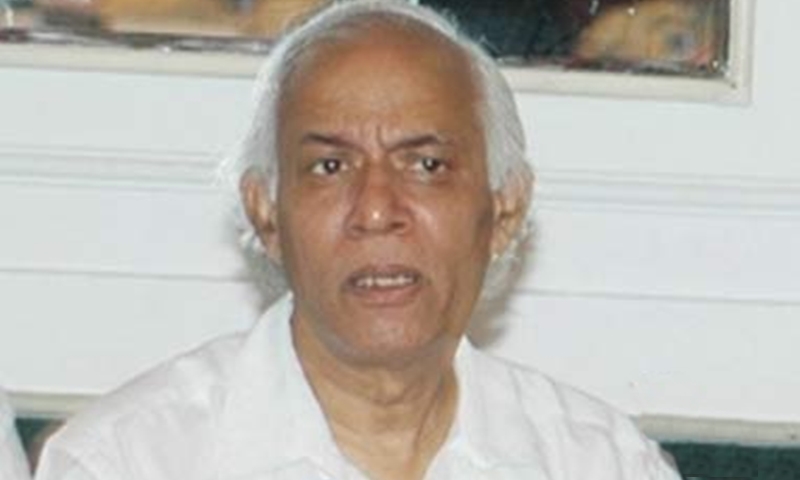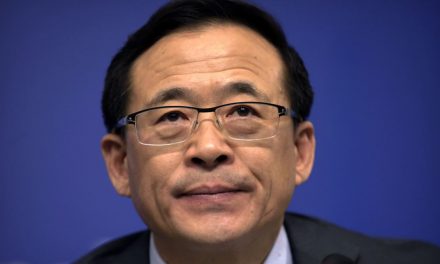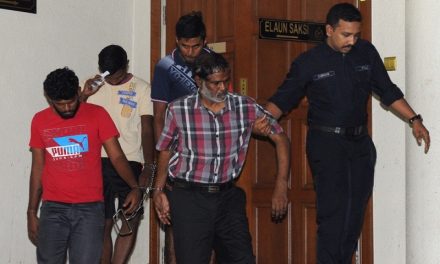24 May 2017
Former coal secretary H C Gupta and IAS officers, K S Kropha and K C Samria were sentenced to two years in jail and a fine of $1,500 for dishonest misrepresentation of the non-compliance to the then prime minister Manmohan Singh. The three officials knew well that the guidelines for allocation had not been followed.
Why did they deliberately mislead the Prime Minister, who was also coal minister at that time? The answer can be found in the sentence given to Kamal Sponge Steel & Power Ltd and its managing director Pawan Kumar Ahluwalia. The courts imposed a fine of $154,000 to the company. Pawan Kumar Ahluwalia was sentenced to 3 years and a fine of $46,000.
Gupta was acquitted of criminal breach of trust and was punished for cheating.
the Supreme Court verdict which cancelled coal block allocations in August 2014 said that the screening committee functioned in an inconsistent and opaque manner. The screening committee minutes did not bother to explain the rationale for selecting or rejecting applicants for coal blocks. Supreme Court observed, “common good and public interest have, thus, suffered heavily.”
The bureaucrats should make decisions. Otherwise the government will be paralysed. There should not be any witch hunt for making unintentional wrong decisions. In his address on Civil Services Day, PM Modi motivated bureaucrats to take decisions. He said, ” ……if you have done this with integrity, sincerity and in the interest of the public, then no power in the world can harm you. If anything happens for a moment, let it happen, we will see. I am standing with you as a support. “
Gupta and the other two bureaucrats were freed on bail and allowed to appeal to the supreme court. There is a proposed Prevention of Corruption (Amendment) Bill is still pending approval parliament. This amendment will protect an honest bureaucrat who takes a decision with integrity, sincerity and in the interest of the public from being unfairly punished. Would this amendment help Gupta if implemented? Did he act with integrity, sincerity and in the interest of the public? Did Gupta make his recommendation due to pressure from the then Prime Minister, Manmohan Singh or his minister of state, Dasari Narayana Rao? If so, then these two should also be investigated.
The proposed Prevention of Corruption (Amendment) Bill should not give any blanket protection to public officials but only if they have acted with integrity, sincerity and in the interest of the public. If Gupta acted under pressure from political masters, he should reveal the source of pressure so that real culprits could be dealt with by the courts.
Gupta did not engage a lawyer due to financial difficulties. He expressed anguish before a special court saying the government should recognise its honest officers and protect them instead of prosecuting them. Gupta yesterday told the court that he intended to “face trial from inside the jail” and sought to withdraw his personal bond to secure bail due to financial difficulties.















